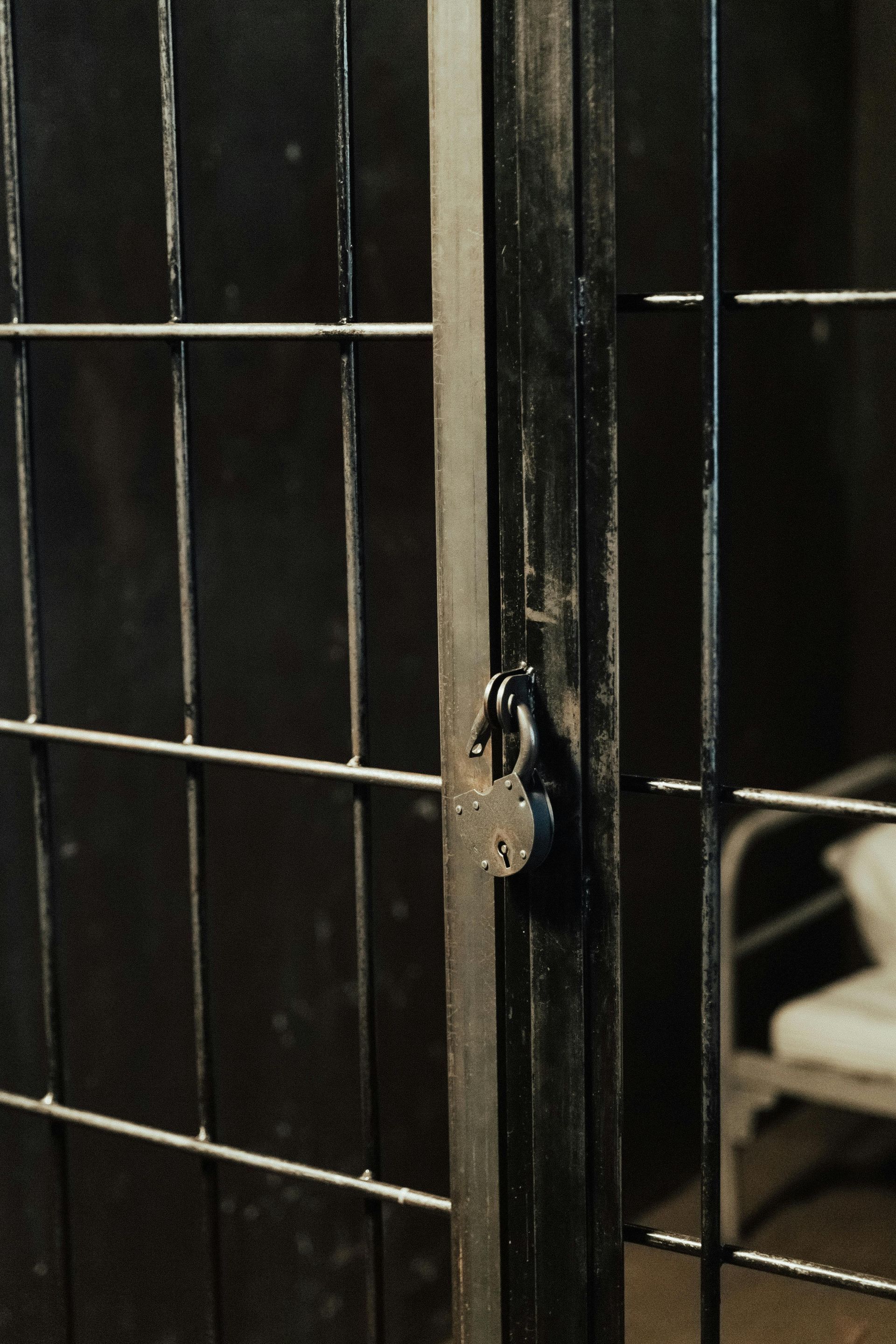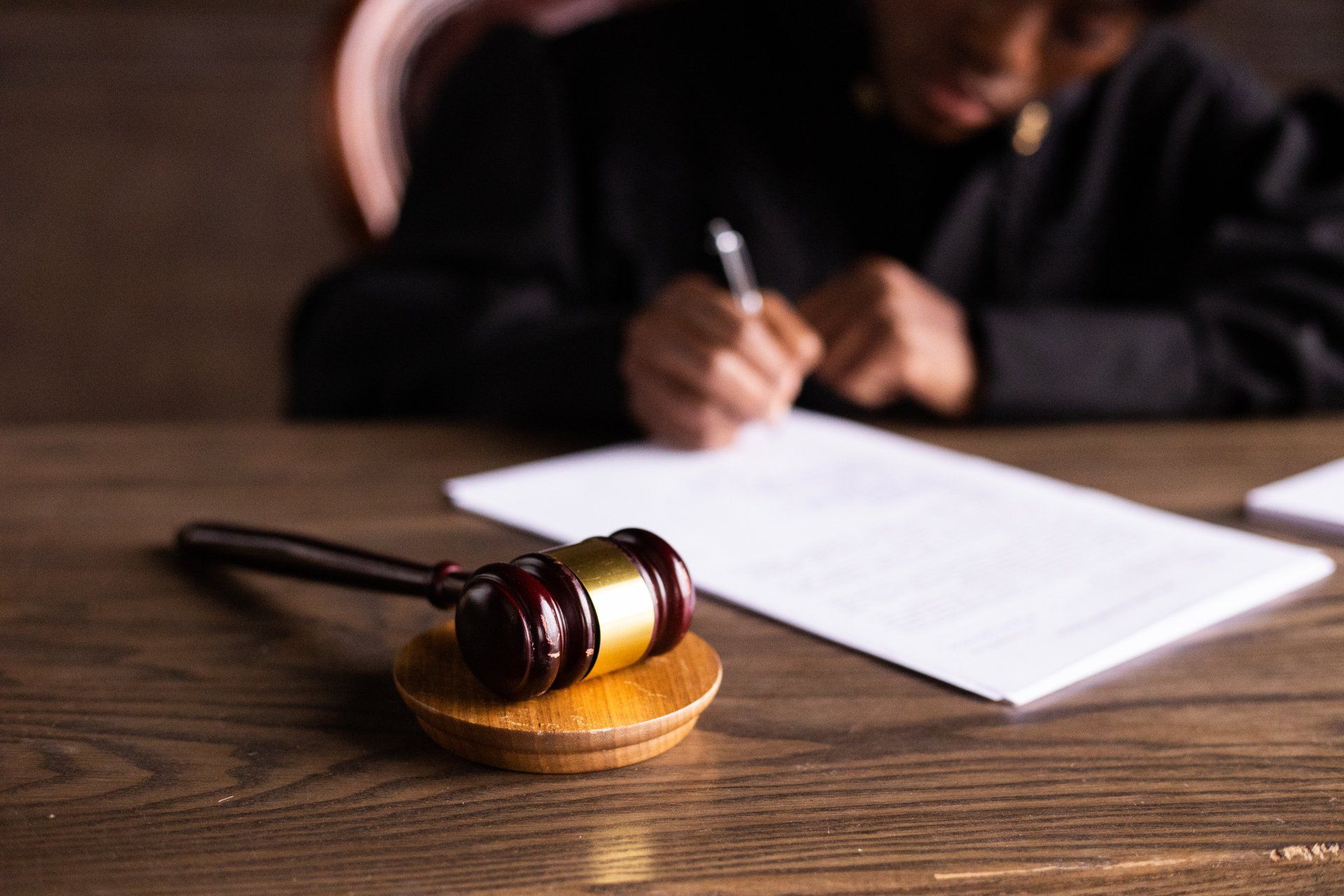Who Gets Credit for Mortgage Payments in Partition Cases?
Who Gets Credit for Mortgage Payments in Partition Cases: A Guide to Florida Law
In the realm of property law, disputes often arise when co-owners decide to go their separate ways. Such disputes can be particularly contentious when it comes to jointly-owned real estate. In Florida, one such legal process used to resolve these disputes is a lawsuit called a partition, where co-owners seek to divide their property interests. However, a significant question arises: who gets credit for mortgage payments in a partition case under Florida law? Let's delve into this complex issue to gain clarity and understanding.
Partition is a legal procedure where co-owners of a property, whether it be land or a building, seek to divide their interests. There are two main types of partition: partition in kind and partition by sale. Partition in kind involves physically dividing the property, while partition by sale involves selling the property and dividing the proceeds among the co-owners.
When an owner files a partition action, the lawsuit basically asks the judge to take jurisdiction over the property, appoint a real estate agent, and force the property to be sold. The proceeds are divided according to a court order or an agreement by the parties.
Each party is entitled to half of the proceeds of the sale of the property. However, if one party was paying the mortgage, then that party may be entitled to receive half of the amount of the mortgage payments as extra money from the sale proceeds. The same is true for HOA payments and other improvements, such as a hot water heater or air conditioner.
The most cited case to illustrate this is Brandt v. Brandt, 525 So. 2d 1017 (4th DCA 1988). In this case, the former spouse was entitled to half of the mortgage payments she paid while occupying the house. There are some exceptions to the reimbursement of the mortgage payments. You should speak with an experienced partition attorney like Joe Taormina to discuss the various exceptions to partition law and money disbursements.
When it comes to mortgage payments in a partition case in Florida, several factors come into play. Generally, Florida law follows the principle of equitable distribution. This means that the court will strive to achieve a fair and equitable distribution of assets and liabilities among the co-owners. The idea is that one owner made payments for the common benefit of the other owners, and the payor is entitled to recoup some of that money.
This is a very important question that our clients must answer. Why is it so important? The selling of the property is just one of the steps of the partition suit. After the property is sold, the title company wires the money to the Plaintiff’s lawyer’s trust account for safekeeping. Then, the Plaintiff’s lawyer and the Defendant’s lawyer, if he or she has one, has to go back before the judge to have the judge enter an Order about how to split up the money. Depending on how busy the court is, getting a hearing can take weeks or even months, and all that time the money is sitting in an account that the parties cannot touch and cannot be disbursed. Many times, our clients are ready to buy another house and are waiting on the court to schedule a hearing. So, to avoid that, we evaluate whether or not the mortgage payments are worth fighting over and try to reach an agreement.
That is okay. We can still arrange for the partition and get a payoff number from the bank and/or HOA and get the property sold.
Florida courts have addressed the issue of mortgage payments in partition cases in various decisions. These cases provide valuable guidance on how courts may approach this issue.
In a partition case under Florida law, the issue of who gets credit for mortgage payments can be complex and contentious. However, by understanding the legal principles, relevant case law, and practical considerations involved, co-owners can navigate this issue more effectively. Ultimately, the goal should be to achieve a fair and equitable distribution of assets and liabilities, taking into account the contributions and circumstances of each co-owner.
Understanding Partition
When an owner files a partition action, the lawsuit basically asks the judge to take jurisdiction over the property, appoint a real estate agent, and force the property to be sold. The proceeds are divided according to a court order or an agreement by the parties.
Who Gets Credit for Mortgage Payments?
The most cited case to illustrate this is Brandt v. Brandt, 525 So. 2d 1017 (4th DCA 1988). In this case, the former spouse was entitled to half of the mortgage payments she paid while occupying the house. There are some exceptions to the reimbursement of the mortgage payments. You should speak with an experienced partition attorney like Joe Taormina to discuss the various exceptions to partition law and money disbursements.
When it comes to mortgage payments in a partition case in Florida, several factors come into play. Generally, Florida law follows the principle of equitable distribution. This means that the court will strive to achieve a fair and equitable distribution of assets and liabilities among the co-owners. The idea is that one owner made payments for the common benefit of the other owners, and the payor is entitled to recoup some of that money.
Is it Worth it to Pursue the Mortgage Payments?
What if Nobody Has Been Paying the Mortgage Payments?
Factors the Court May Consider
- Agreement between the Co-owners: If there is a written agreement between the co-owners regarding mortgage payments, the court will typically enforce the terms of the agreement. This could include specifying how mortgage payments are to be divided between the parties.
- Contribution towards Mortgage Payments: The court may also consider each co-owner's contribution towards mortgage payments. If one co-owner has been solely responsible for making mortgage payments, they may be entitled to a greater share of the property or its proceeds upon partition.
- Intent of the Parties: The court may examine the intent of the parties regarding mortgage payments. For example, if one co-owner made mortgage payments with the understanding that they would be reimbursed by the other co-owner, this may influence the court's decision.
- Financial Circumstances: The financial circumstances of each co-owner may also be taken into account. If one co-owner has significantly higher income or assets, the court may allocate a larger share of the property or its proceeds to the other co-owner who may have contributed less towards mortgage payments.
Case Law
Practical Considerations
- Documentation: It is essential for co-owners to keep detailed records of mortgage payments, including payment receipts and bank statements. This documentation can help support their claims regarding mortgage payments in a partition case.
- Communication: Co-owners should communicate openly and honestly about mortgage payments and their respective financial contributions. Clear communication can help avoid misunderstandings and disputes down the line.
- Legal Representation: Seeking legal representation from an experienced real estate attorney can be invaluable in navigating the complexities of a partition case. An attorney can provide guidance and advocacy to protect the co-owner's interests.











